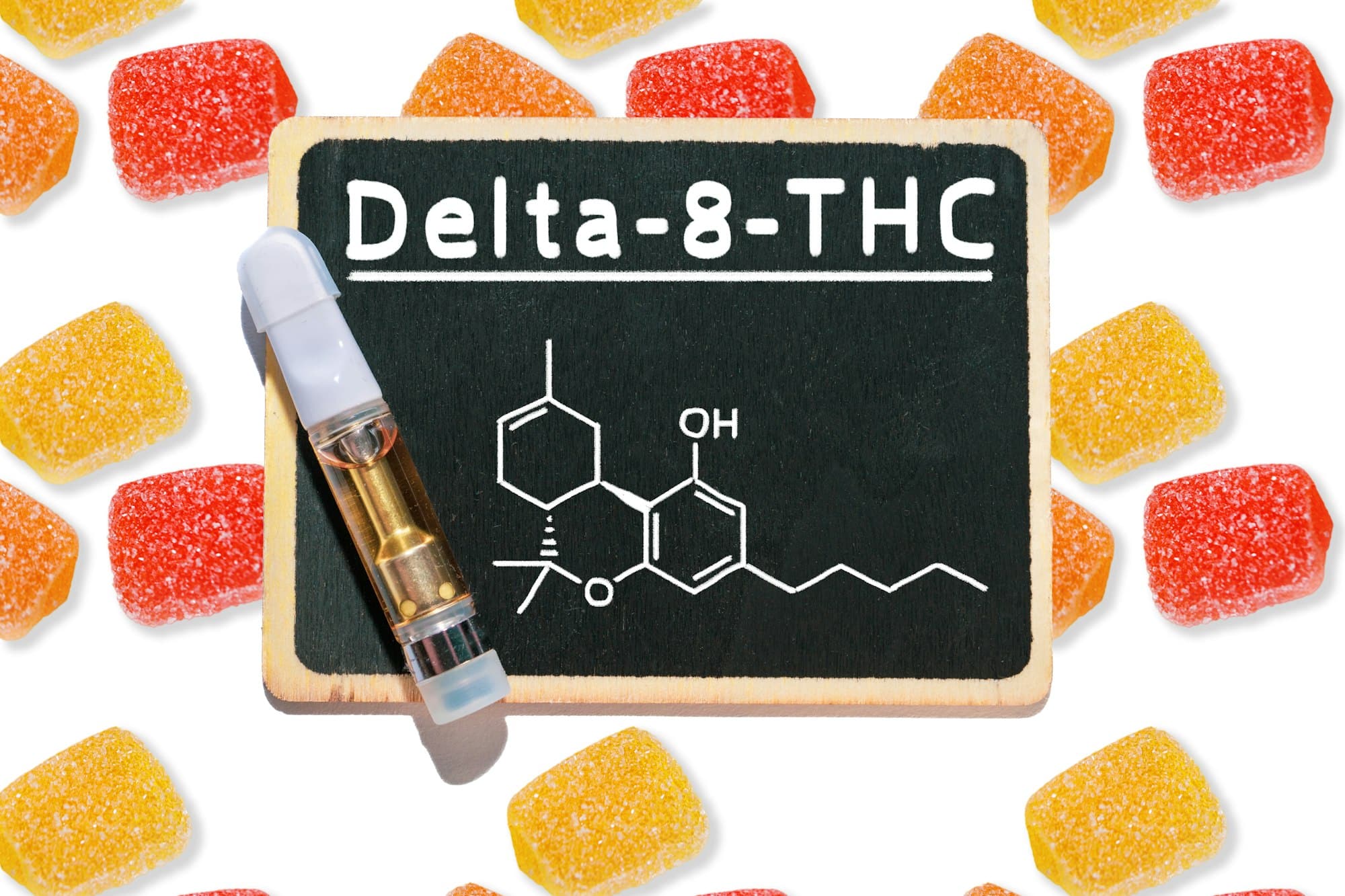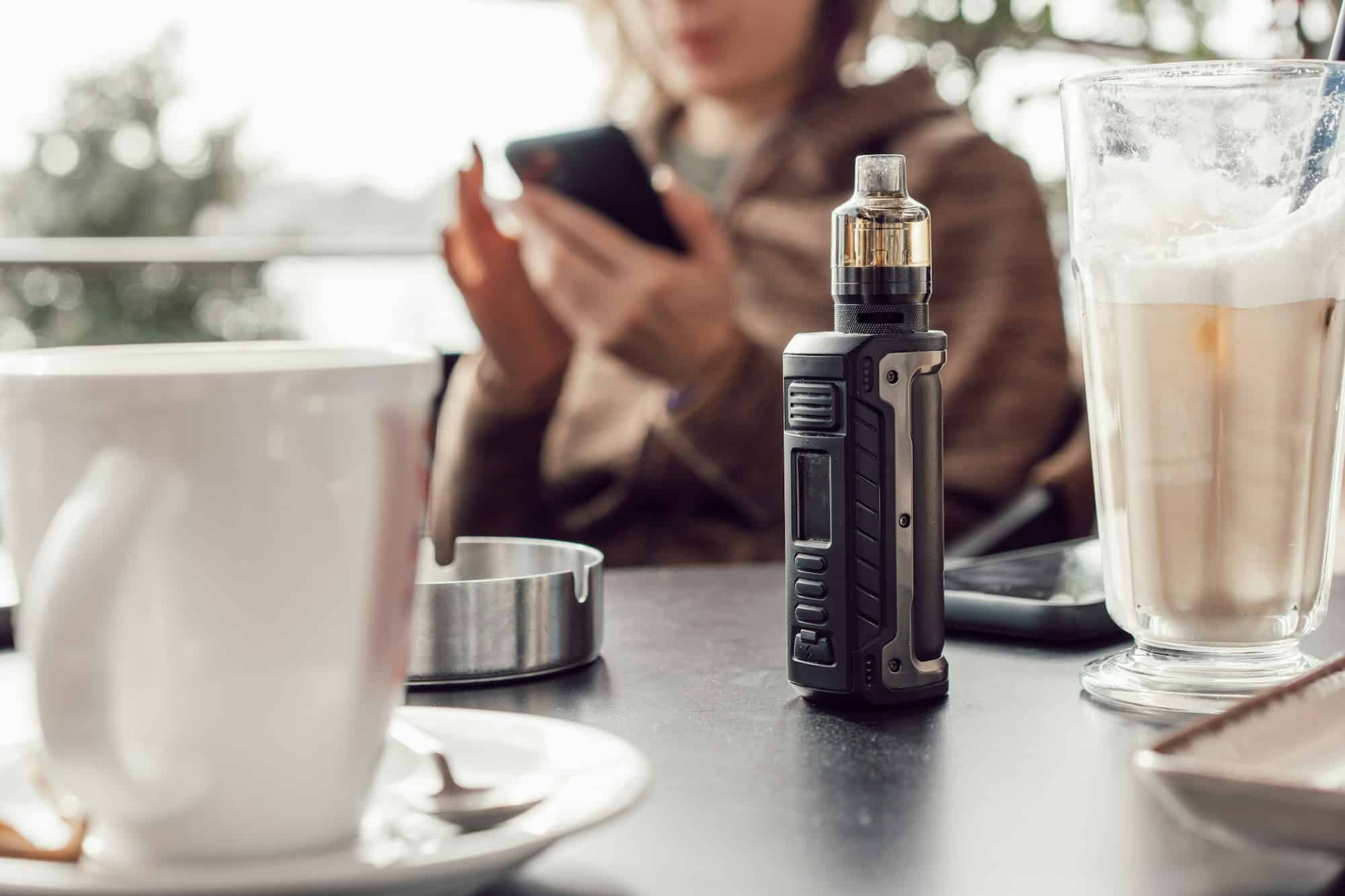
Post-Traumatic Stress Disorder (PTSD) is a mental health condition that can develop after experiencing or witnessing a traumatic event. It can have a profound impact on an individual’s life, affecting their ability to function and maintain healthy relationships. While traditional treatment options such as therapy and medication are commonly used to manage PTSD symptoms, some individuals turn to alternative therapies, including cannabis, for relief. In this article, we’ll explore the potential of vaping cannabis as a therapeutic tool for addressing PTSD and discuss its benefits, risks, and considerations.
Understanding PTSD and Its Symptoms
PTSD can develop after experiencing or witnessing a traumatic event such as combat, sexual assault, natural disaster, or serious injury. Common symptoms of PTSD include intrusive memories, flashbacks, nightmares, avoidance of triggers, negative changes in mood and cognition, and hyperarousal. These symptoms can significantly impair an individual’s quality of life and may persist for months or even years after the traumatic event has occurred.
The Potential Benefits of Cannabis for PTSD
Cannabis contains compounds known as cannabinoids, including THC (tetrahydrocannabinol) and CBD (cannabidiol), which interact with the body’s endocannabinoid system. This system plays a role in regulating mood, memory, pain sensation, and stress response, making it a potential target for PTSD treatment. Some research suggests that cannabis may help alleviate PTSD symptoms by:
- Reducing anxiety and stress: THC and CBD have been found to have anxiolytic (anxiety-reducing) effects, which may help individuals with PTSD manage their symptoms of anxiety and stress.
- Improving sleep: Many individuals with PTSD experience sleep disturbances such as insomnia and nightmares. Cannabis has sedative properties that may promote relaxation and improve sleep quality.
- Alleviating pain: Chronic pain is a common comorbidity among individuals with PTSD. Cannabis has analgesic properties that may help reduce pain levels and improve overall comfort.
Considerations for Vaping Cannabis in PTSD Treatment
While some individuals may find relief from PTSD symptoms through the use of cannabis, it’s essential to approach its use with caution and consider the following factors:
- Legal considerations: The legal status of cannabis varies by location, and it’s essential to be aware of the laws and regulations governing its use in your area.
- Potential side effects: Cannabis use may be associated with side effects such as impaired cognitive function, memory problems, and dependence or addiction, particularly with long-term use.
- Individual response: Cannabis affects individuals differently, and what works for one person may not work for another. It’s essential to monitor your response to cannabis and adjust your usage accordingly.
- Interaction with other treatments: Cannabis may interact with other medications or treatments prescribed for PTSD. It’s crucial to consult with a healthcare professional before incorporating cannabis into your treatment regimen.
Conclusion
While research on the use of cannabis for PTSD is still ongoing, some individuals report finding relief from their symptoms through vaping cannabis. By interacting with the body’s endocannabinoid system, cannabis may help alleviate anxiety, improve sleep, and reduce pain associated with PTSD. However, it’s essential to approach its use with caution and consult with a healthcare professional to determine if it’s a suitable option for you. With careful consideration and monitoring, vaping cannabis may offer a potential avenue for PTSD relief and improved quality of life.
Recent Posts



Exploring the Unique Benefits of Delta-9 THCP: The Future of Vaping

Vape Vision: Your Ultimate Source for the Best Vape News
Don't miss the deals
Don’t miss out on our exclusive deals! Subscribe now to get the latest promotions and special offers delivered straight to your inbox. Stay ahead and save big on your favorite products. Subscribe today and never miss a deal again!
NEWSLETTER
Signup & Don't Miss Out
Sign up now and stay in the loop! Don’t miss out any on exclusive discounts, exciting new product launches, and special promotions. Subscribe today to be the first to know and take advantage of our latest offers! Free samples may apply!!!





